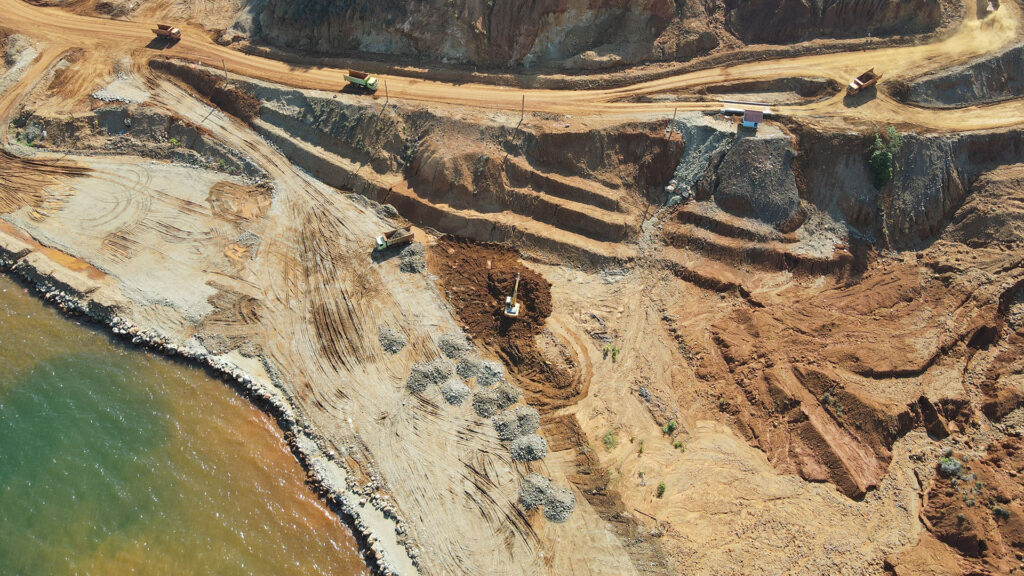Insurers and Brokers Beware
This article first appeared in the May 2013 issue of Middle East Insurance Review and is reproduced with their kind permission. www.meinsurancereview.com.
Some commercial enterprises may object that the sanctions do not apply to them, because the restrictions are targeted at Iran’s nuclear and Weapons of Mass Destruction (WMD) programmes, but in fact the measures potentially apply to every company which trades directly or indirectly with Iran, because the current restrictions focus on Iran’s commercial operations, which are said to be funding and supporting Iran’s nuclear and WMD programmes.
This makes it particularly important that companies worldwide, including insurers, reinsurers and the marine industry in the Middle East, are aware of the restrictions which apply to them, and have in place robust compliance programmes, to ensure that they do not inadvertently breach those restrictions. The most wide-ranging sanctions are those imposed by the US and the EU, which are the focus of this article.
Rigorous enforcement
The seriousness of breaching international trade sanctions is highlighted by recent enforcement activity. FAL Oil Limited was penalised by the US authorities in January 2012 for providing over US$70 million in refined petroleum to Iran over multiple shipments in late 2010. As a result, FAL Oil was barred from receiving US export licences, barred from receiving US Export Import Bank financing, and barred from receiving loans over $10 million from US financial institutions.
More severe penalties were imposed in March 2013 against a Greek businessman, Dr Dimitris Cambis, who helped Iran evade international oil sanctions by using Iranian funds to purchase oil tankers and also by disguising the Iranian origin of oil transported on these vessels. Dr Cambis and all of the various front companies were identified as acting on behalf of the Government of Iran, and added to the US Specially Designated Nationals (SDN) List, with the result that US persons are prohibited from engaging in any transactions with Dr Cambis or those entities, and any assets they may have under US jurisdiction are blocked. The companies include four companies in the UAE (Asia Energy General Trading LLC, Polinex General Trading LLC, Sima General Trading Co FZE and Synergy General Trading FZE) .
In addition, there are also significant reputational risks, not to mention the impact on commercial operations of being dragged in to any investigation.
Checklist for insurers
So, what should insurers and other companies in the Middle East do to ensure they do not inadvertently breach the restrictions which apply to them?
- Do you employ US nationals or have any US shareholders?
- Is the underlying transaction prohibited by US extraterritorial sanctions?
- Is the assured engaged in prohibited trade with Iran?
- Have the assured and co-assured been identified and screened?
- Are banks and insurers targets of sanctions?
The need for diligence
While insurers and brokers may resent the high burden which regulators impose on them, and the fact that they are increasingly being targeted in sanctions regimes, neither fact is likely to change soon. They therefore need to ensure that they have procedures and checks in place so that they are not exposed because of the actions of their assureds, or because of the insurance they choose to write.
For further information, please contact Daniel Martin, Partner, on +44 (0)20 7264 8189 or daniel.martin@hfw.com, or your usual HFW contact.











